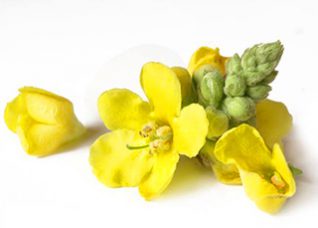
MinerAlert

MinerAlert
Gnaphalium spp.
Everlasting, Life everlasting, Cudweed, Mexican mullein.

The flowers and sometimes the stalks.
Gordolobo tea is made from boiling the flowers and stalks in water, this being the most popular form of ingesting the plant.
Gordolobo and related species have been used for centuries in Mexico and other Latin American countries, chiefly to expel phlegm (mucus), to treat bronchial asthma and coughs. Gordolobo may be added to other herbs that also have therapeutic properties against respiratory ailments, such as Eucalyptus, for example, but the effectiveness of such combinations is presently unknown. Gordolobo tea is also used for gastrointestinal complaints, due to its purportedly anti-inflammatory activity. Externally, the tea is applied as a poultice to reduce hemorrhoids.
Safety/Precautions:
Before you decide to take any medicinal herb or herbal supplement, be sure to consult with your health care professional first. Avoid self-diagnosis and self-medication: Always be on the safe side!